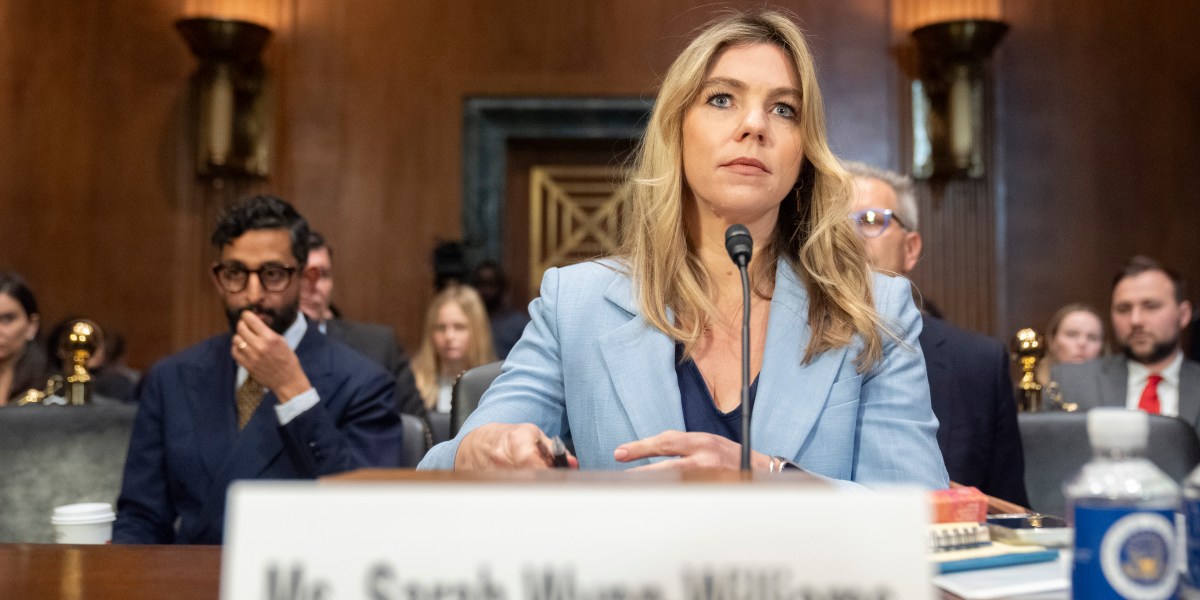Insider Reveals: Meta's Controversial $18B Gambit to Boost China's AI Dominance

In a pivotal hearing that drew significant attention, Sarah Wynn-Williams, a former high-ranking executive at Facebook (now Meta), took the stand before the Senate Judiciary Committee on Wednesday. Her testimony promised to shed light on critical issues surrounding social media platform practices and accountability.
Wynn-Williams, bringing her insider perspective from one of the world's most influential tech companies, faced probing questions from senators eager to understand the inner workings of social media giants. Her appearance marked another crucial moment in the ongoing national conversation about digital platform responsibility, user privacy, and the broader implications of social media's growing influence on society.
The hearing underscored the increasing scrutiny that tech companies face from lawmakers, as legislators seek to understand and potentially regulate the complex ecosystem of social media platforms and their potential impacts on public discourse, personal privacy, and democratic processes.
